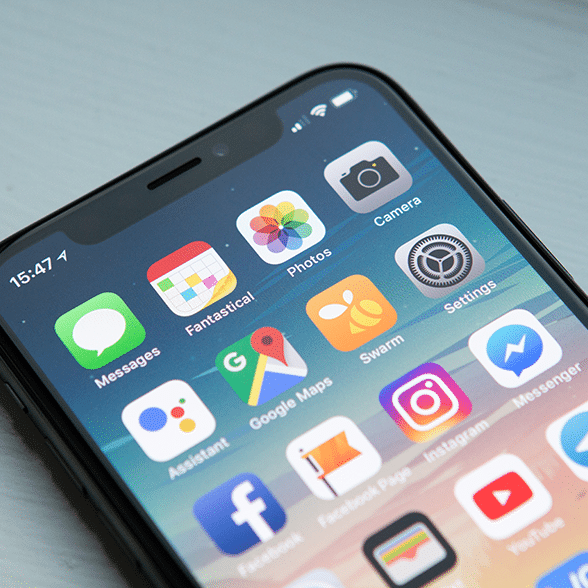Comcast said yesterday that it will begin using its own mobile network to support service beginning this month. The network will use CBRS band spectrum, and the company plans to lease, and eventually sell, spectrum in the 600 MHz band to T-Mobile.
Philadelphia will be the first market where Comcast will launch the mobile network, according to a company blog post.
When Comcast launched mobile service in 2017, the offering was supported by a combination of Comcast’s Wi-Fi infrastructure and an MVNO (mobile virtual network operator) agreement with Verizon. The offering has been successful, with Comcast — and other cable companies with similar offerings — gaining significant share in the mobile market.
Comcast won the 600 MHz spectrum in a 2017 auction. The company bought an average of 10 MHz of spectrum in the band across its cable TV footprint only, as the company only offers mobile service where it has wireline infrastructure.
The company was one of the biggest winners in the 2020 auction of CBRS spectrum.
Spectrum in the 600 MHz band is considered low-band spectrum, which is well suited to covering large areas, but at relatively low speeds in comparison with higher-frequency spectrum. CBRS spectrum is considered mid-band spectrum, which is seen as supporting the optimum mixture of coverage and speed for 5G networks.
According to a Comcast blog post yesterday, “Our 5G network field tests with CBRS spectrum have exceeded our expectations and we’ve found the band to be highly efficient and a significant part of a 5G network.”
As a result, the company said, “we are unlikely to need the 600 MHz spectrum licenses that we currently hold to support our wireless customers.” Hence the decision to offload the spectrum to T-Mobile.
According to the Comcast blog post, the company will receive quarterly lease payments from T-Mobile, followed by a final payment of roughly $3.3 billion, although a Form 8-K filing with the Securities and Exchange Commission suggests that the payment could be as low as $1.2 billion if Comcast were to exercise an option to hang onto spectrum in certain markets. The final sale is expected to occur in 2028.
The markets where Comcast could opt to hold onto licenses cover a population of about 110 million, in Chicago, Illinois, San Francisco, California, Baltimore, Maryland/Washington D.C., Boston, Miami, Nashville and other markets. The markets that can’t be removed from the license purchase agreement cover a population of about 39 million, including New York, Orlando, Kansas City and other markets.
The spectrum that T-Mobile will be gaining will bolster the company’s existing low-band holdings. The company initially launched 5G using low-band spectrum, which enabled the company to claim broad 5G availability. Subsequently, the company launched service throughout a large part of the U.S. using mid-band spectrum, enabling the company to boost speeds.


